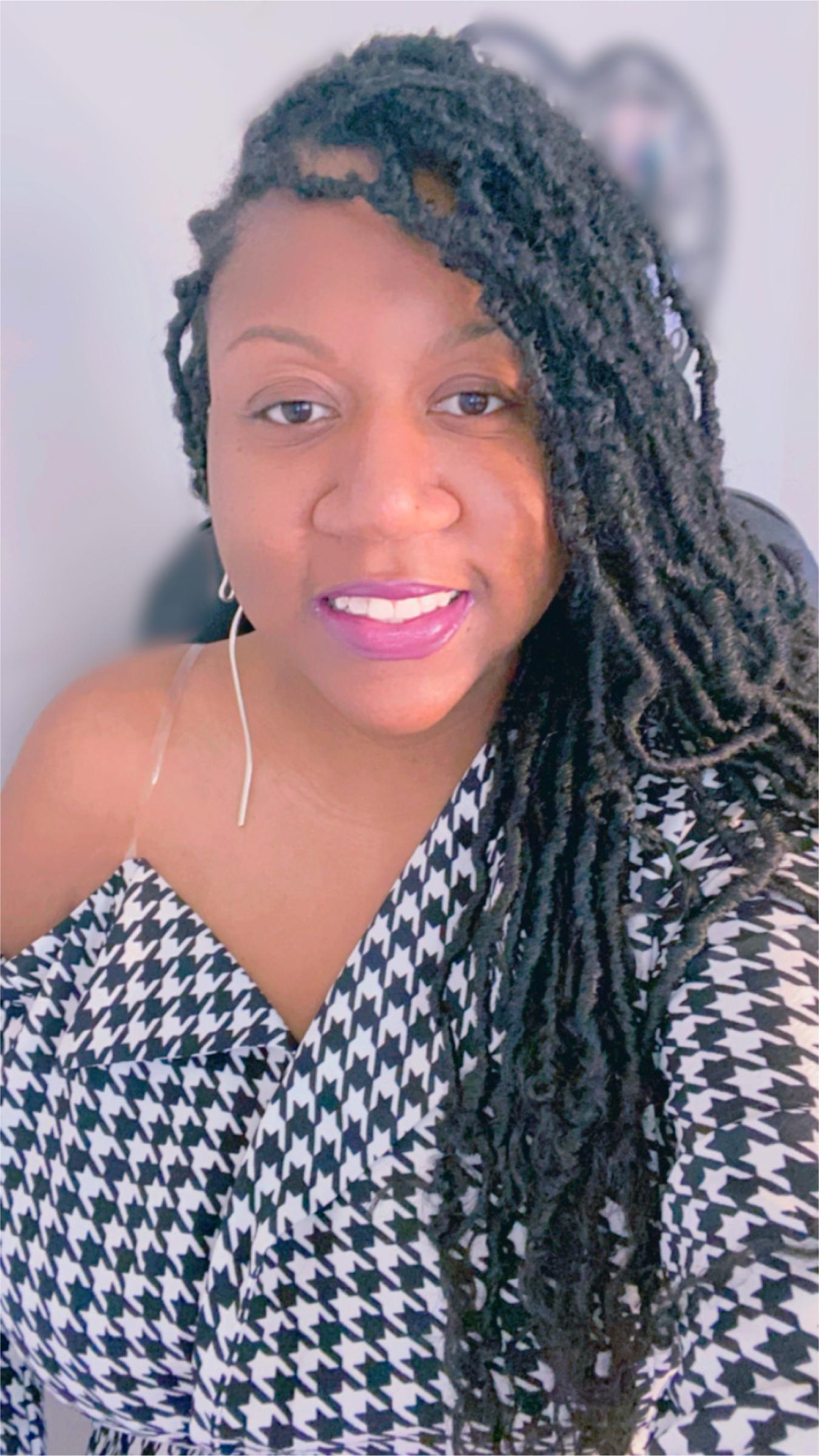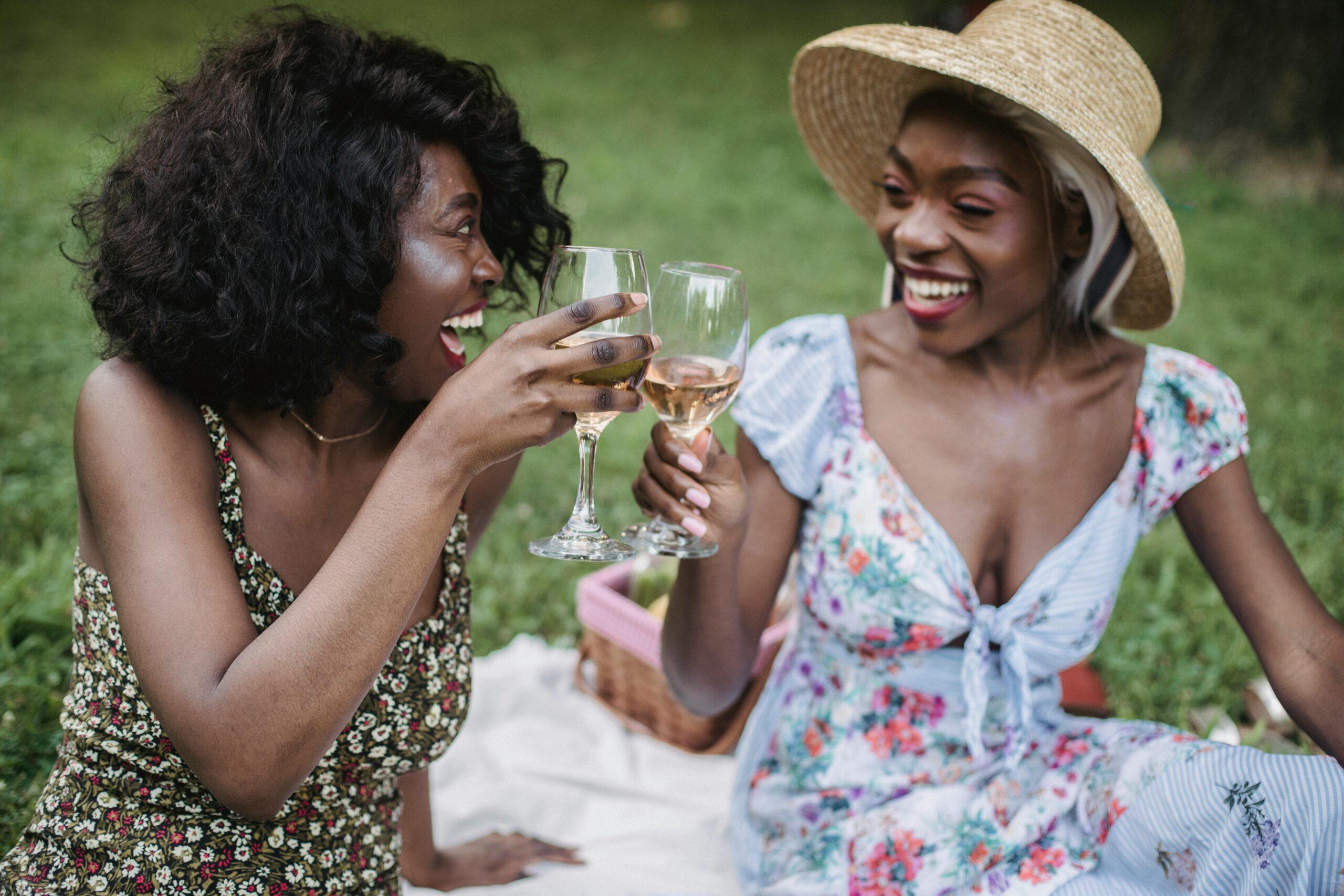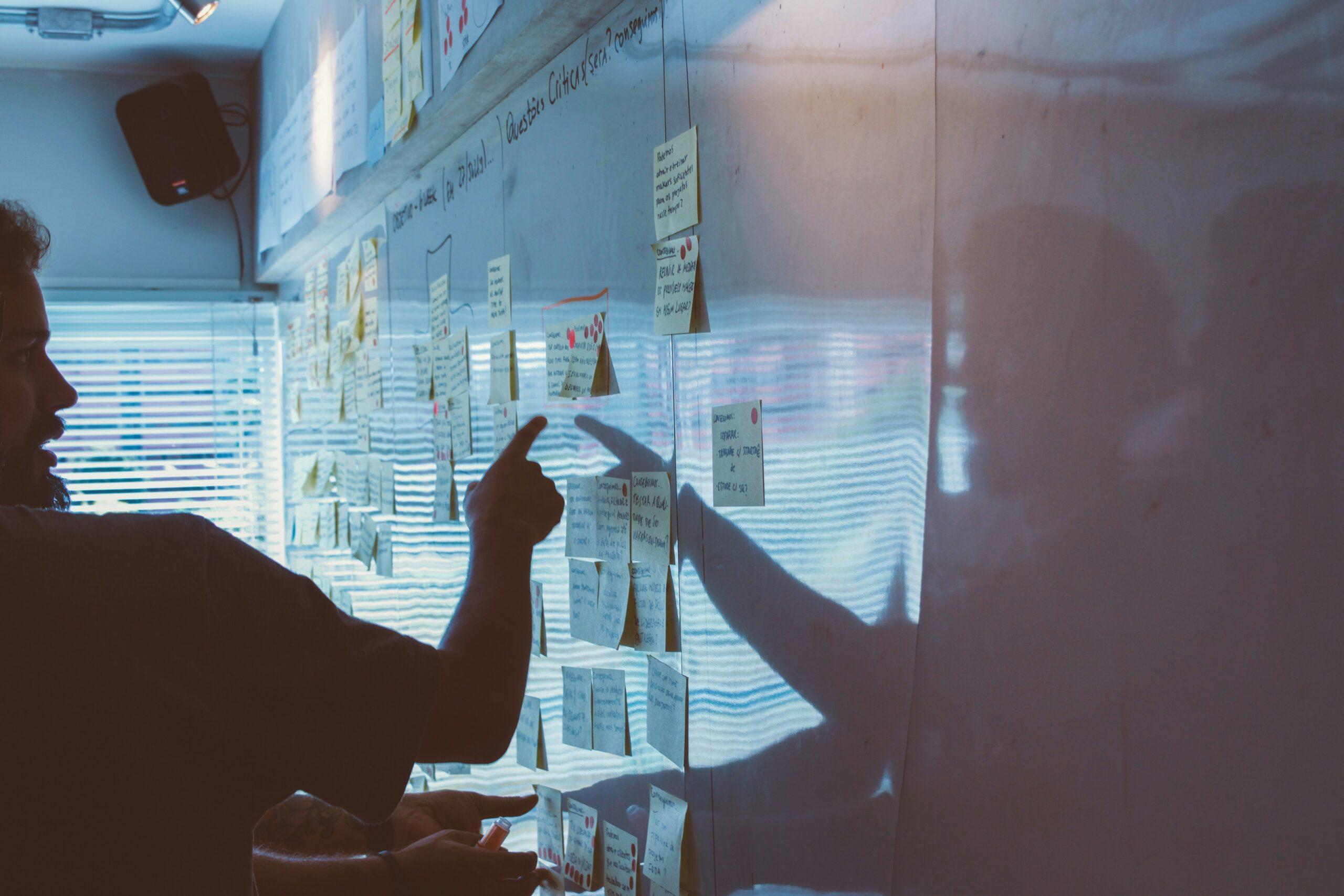How Janelle Farris Has Quietly, But Powerfully, Reshaped Brooklyn Communities

Janelle Farris is the first African American woman to lead Brooklyn Community Services, a 159-year old organization that provides services and resources such as affordable housing, access to increased youth education services and community togetherness, and has been a key element for residents impacted by systemic poverty.
In May, Janelle’s work as the former president and executive director was honored with the Brooklyn Spirit Award a the 2025 BCS Gala.
Her Agenda caught up with Janelle, who shared her upbringing, her will to serve, and ultimate drive to ensure that families receive the things that they would ultimately lack if not for this organization.
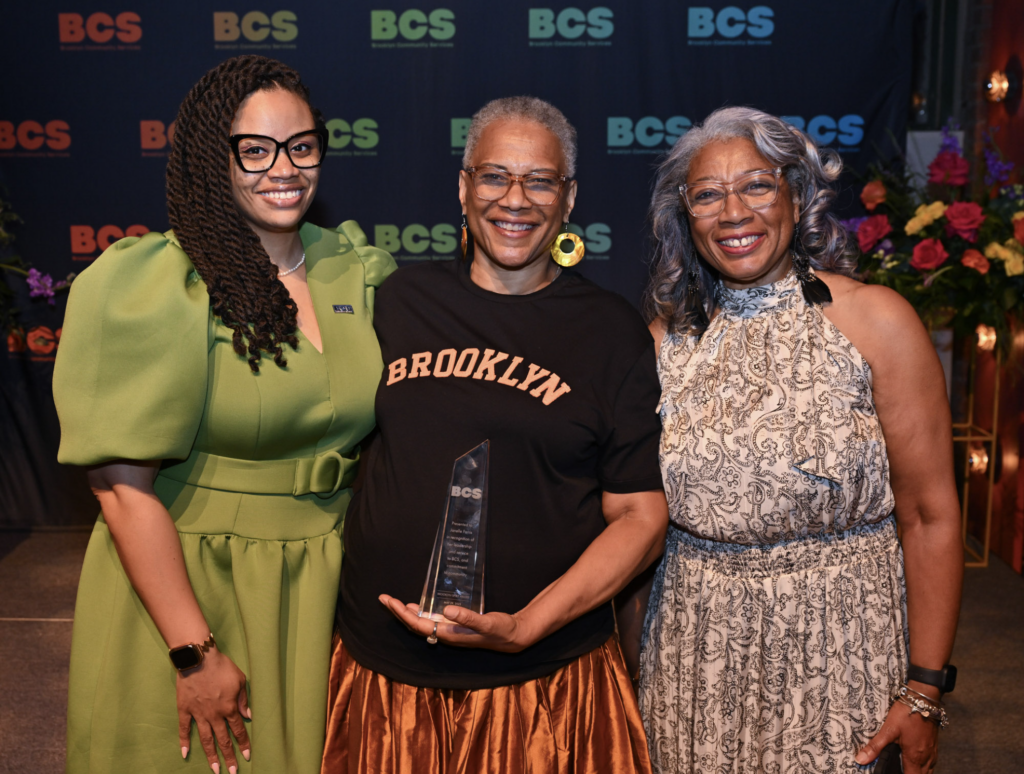
Her Agenda: Where did you grow up, and how did it shape who you became?
Janelle: I love this question. I grew up in Seattle, Washington, and actually the place where I grew up is Bellevue, Washington, which is now the home of Microsoft. And way back when we could be outside in the neighborhood until the lights went on. It was just a freedom that I think a lot of my generation had that people born recently will never have. And I think it prepares you to dream bigger. So I feel it helped me to look out and see what’s available and make something happen out of nothing.
Her Agenda: What year were you born? Can we discuss the time and era as it pertains to black women and leadership?
Janelle: I was born in 1963, which Martin Luther King Jr, JFK was happening when I was born. I remember house hunting on weekends, but never getting one. Later I found out it was because of racism.
Her Agenda: Let’s talk about education. Where did you attend college? And how important was education to you back then?
Janelle: I attended Spelman College. I’m very happy and proud of that. Education in my family was critical. It was never a question of if you go to college, it was when you go to college. My parents put me in this accelerated high school program where you go to school for three years instead of four, then college for three years instead of four, and finish in six years instead of eight. Only, I was 16 years old at Spelman, I was a baby. But my father’s family is from Atlanta so I wasn’t alone.
Her Agenda: Did you always have a passion for community work?
Janelle: One day I was talking to God and I said I will always want to dedicate my life to you, and I’ve dedicated my career to helping people. And really I’ve always wanted the work I do to benefit the community and I believe in some way, if we all do that 99% of the problems [in the world] would go away.
Her Agenda: As the first African American woman to lead the 159-year-old organization, what does this position mean to you?
Janelle: I live in Black people Brooklyn, and I think more about what it means to the young people to see me lead; and to know that it helps to elevate people’s ideas of what they can themselves do.
Her Agenda: What would you say has been your greatest reward in life?
Janelle: I think it’s all the stories I don’t get to hear. For every kid who attended the after school program, every parent who was able to drop their child off at school knowing they’ll have a snack or a nap. Or even knowing they’ll pick them up with their homework done and all they have to do is love on them and put them to bed.
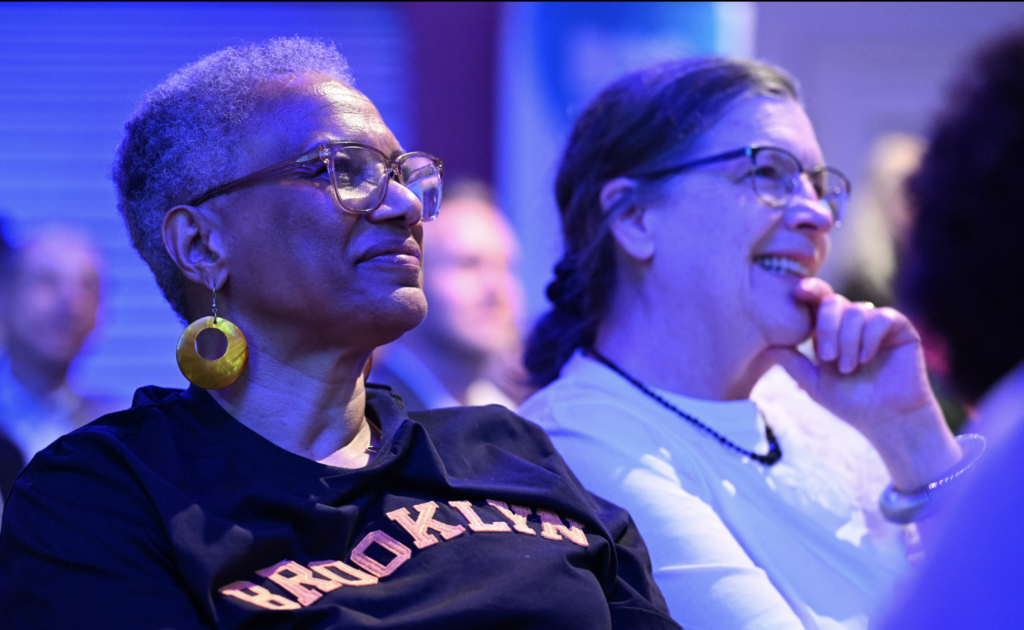
Her Agenda: What is the Brooklyn Community Services? And how did it begin?
Janelle: It is a place that cares deeply for the citizens of Brooklyn and that recognizes that it’s very expensive to live in New York City, Brooklyn in particular. BCS kind of puts their arms around the hard edges so mothers can come and pick up their children at 7 p.m.; so that kids can get extra reading help during summertime, so people can have housing that helps them thrive and not demean them. And I think that saying “Brooklyn Strong,” I think we contribute to that.
Her Agenda: What would you like young millennial women to take away from your story?
Janelle: Well, I don’t think everybody needs to be enough, but I do think everybody can make a positive impact in their community, in their neighborhood, in the world. And it doesn’t have to take much to be kind and to think of others, even in the work that you do. Whatever that work is, how are you helping people? So Millennials, listen more than you talk. That not only opens your ears for learning, but people respect you more.

